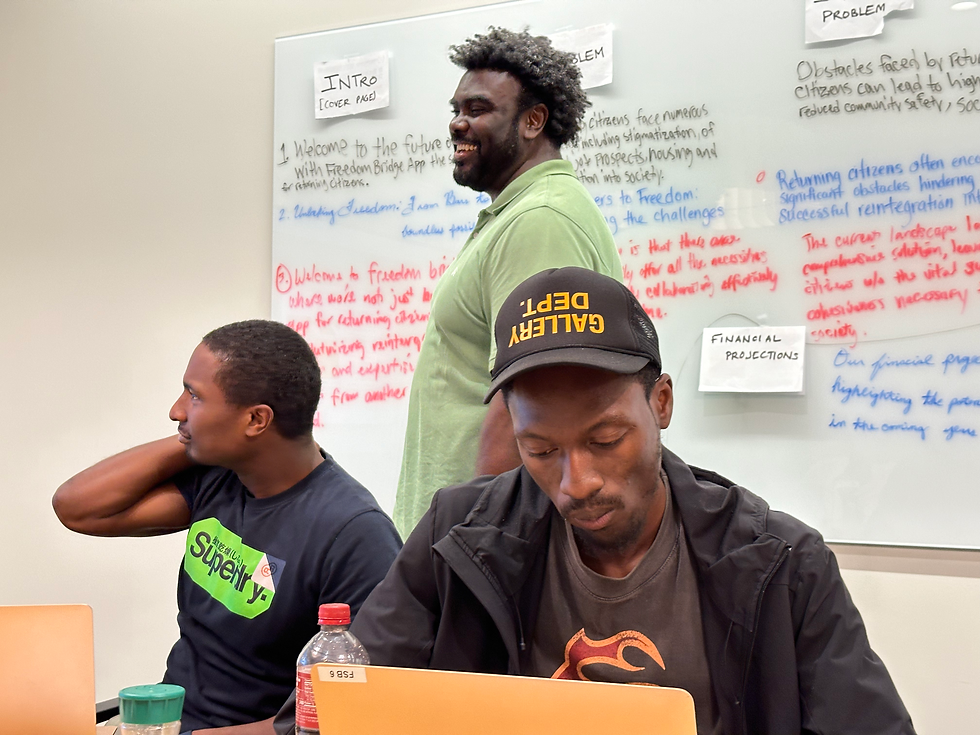Pell Grants Behind Bars
- Jerome Debro
- Mar 25, 2021
- 2 min read
Updated: Feb 10, 2023

Education has been the epicenter of opportunity for people looking to further their careers and increase their bottom line. The federal government has been instrumental in providing funding and support for higher education. For individuals behind bars, it was only recently that their access to this critical financial support was restored via The American Rescue Plan Act of 2021 signed into law by President Biden..
The federal Pell Grant program has been around for 45 years and has been used to expand access for millions looking to pursue higher education . Named after Senator Claiborne Pell who created the program in 1965 under the name, “Basic Educational Opportunity Grants” and was later renamed after Pell in 1980 provided financial aid to all students. Incarcerated individuals were initiallyeligible to receive the grants and were specifically mentioned in the original bill, but Congress eliminated this provision with the passage of the 1994 Crime Bill. Because the goal of the grant was to aid low-income individuals obtain secondary-education, the inclusion of incarcerated individuals was apropos. Including them also helped to reduce recidivism by allowing access to education that would improve the lives of inmates as well as help them better.

The lack of access to educational opportunities has been directly linked to increased crime, criminal behavior and increased recidivism. Thus, the argument to resume access to the Pell Grant program for incarcerated individuals has been ongoing for a long time. The benefit of receiving an education while imprisoned not only helps reduce recidivism, it decreases violence inside prisons by giving individuals something else to occupy their time, and helps to reduce state spending on corrections and crime. Individuals such as John Pace, who was imprisoned at the age of 17 is a testament to the benefits of receiving an education behind bars. While he did not benefit from the Pell Grant program, he employed the help of others, audited courses, and was eventually able to secure funding after sending letters requesting financial sponsorship. The process was tedious, taking a total of 13 years for Pace to graduate, but he remained committed and states that he felt more ready when he was finally released in 2017.
Beyond being ready to transition back into society both economically and financially, education offers inmates the opportunity to develop a sense of identity, purpose, and instills hope. This is especially important for individuals who may be facing longer sentences. It is also beneficial mentally and emotionally as it provides a positive outlet to express thoughts and feelings . In an interview in The Atlantic, Pace said, “It’s transformative in that regard, because many of us came to prison without a voice and didn’t know how to articulate ourselves. And I think college provides that opportunity to be able to express yourself in a constructive way, and to be able to help yourself. “
Flikshop is a great tool and resource for families as they can encourage their loved ones to take advantage of Pell Grants as well as keep them inspired and motivated to continue pursuing educational opportunities. The passing of this new bill, is a step in the right direction as the Biden Administration continues to make good on promises made to eliminate barriers for incarcerated individuals.



Comments